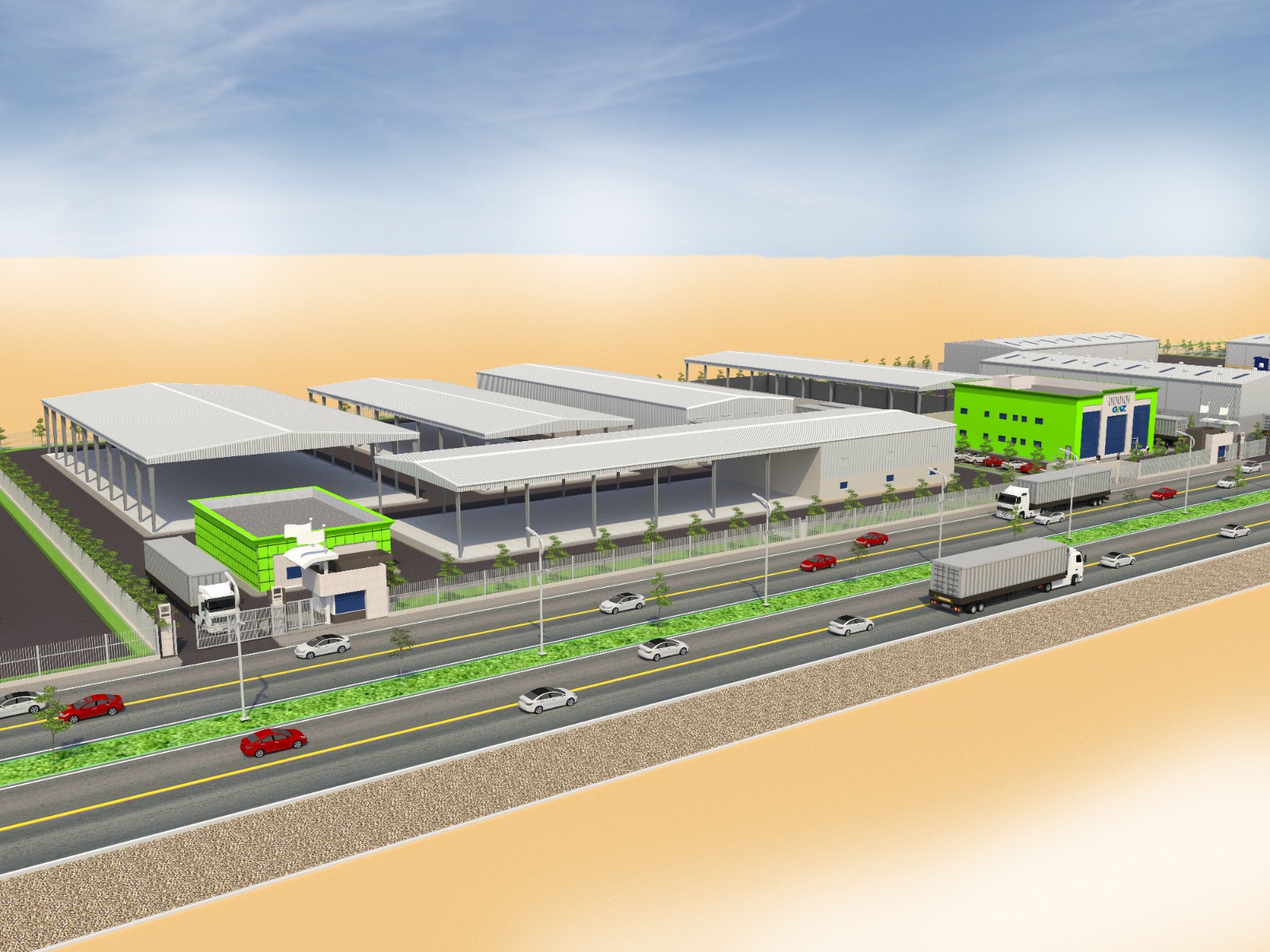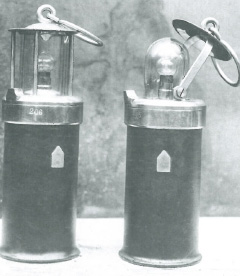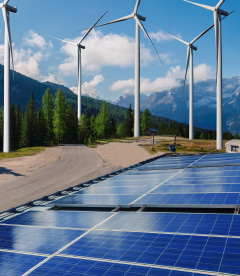On the east coast of the Kingdom of Saudi Arabia (KSA) lies Dammam, home to a million and a half people, as well as the largest port in the Persian Gulf. It is a key trade hub from which a significant part of the country's hydrocarbon exports departs for markets across the globe. Both oil and gas are still found in vast quantities under the sands of the Eastern Province. It was in 1938, in nearby Dhahran, where the modern story of Saudi Arabia began to be written in oil.
But one day the black gold will inevitably run out or no longer be sought after. That's why the Saudis are seeking to diversify their economy by, among other things, developing industrial capacity beyond oil and gas production and investing in renewable energy generation. And these are the very reasons that have brought GAZ into the middle of a scorching hot desert where temperatures soar to 50°C, and sandstorms called shamals rage.
Dammam Third Industrial City lies at the shore of an endless sea of dunes, some eighty kilometres south of downtown Dammam. As inhospitable as the desert may be, in the wider area there are several villages and towns where agriculture is practiced under artificial irrigation, and, of course, there are oil rigs towering into the sky. Here, too, all sorts of facilities cannot do without battery storage.
An insatiable market
Lead-acid battery life is said to halve with every ten degrees Celsius above 25°C while Li-ion cells quickly lose capacity above room temperature. So, in desert conditions, not only the latter, but also lead-acid cells need temperature control systems. These, however, are usually designed to cope with only” up to 40°C. While if they fail, the resulting fire or other damage to an oil rig can be extremely costly.
That is why nickel-cadmium cells are used in these difficult conditions; indeed, Saudi Aramco, one of the very largest companies in the world, based in Dhahran, is one of GAZ's long-standing customers. At the same time, however, KSA plans to expand renewable energy generation, for which they need battery storage systems based on reliable chemistry. In other words, a lot of Ni-Cd cells are and will be needed in the region, and so the decision was made to open a second GAZ factory in KSA.
Upon its founding, GAZ Middle East acquired the site of an unfinished chemical catalyst factory in Dammam Third Industrial City and began converting two of the halls into a Ni-Cd cell production facility, based on the design and standards of the Zwickau plant.
Want to know more, such as when the factory will officially open? Subscribe to our newsletter via the form on the bottom of the page, and you won't miss any news concerning GAZ or battery technology.






